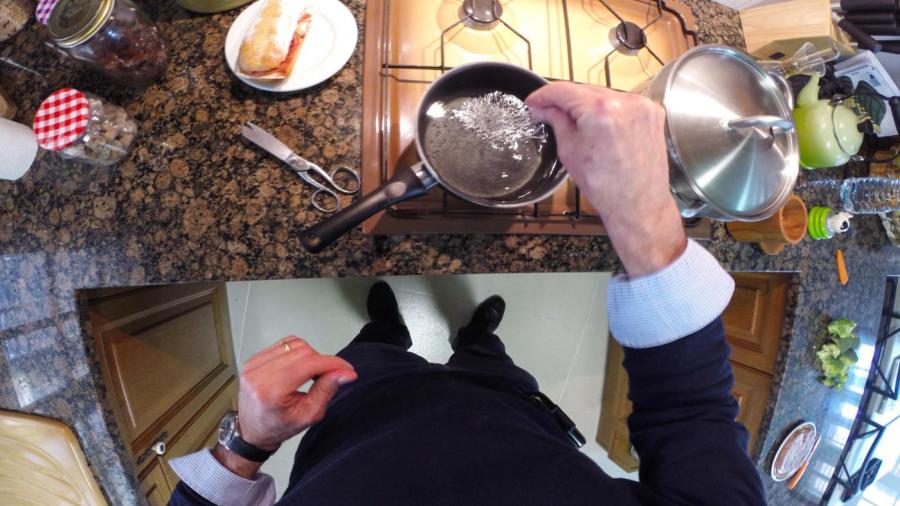Why Does Salt Increase the Boiling Point of Water?

Adding salt to water increases the boiling point of water due to a fundamental colligative property of matter known as boiling point elevation. Whenever a solute, such as salt, is added to a solvent, such as water, the boiling point becomes higher than that of the pure solvent. This phenomenon occurs for all solute-solvent systems, regardless of interactions between the solute and solvent molecules.
The reason why the boiling point rises when solute is added to a solvent has to do with vapor pressure. A liquid boils when its vapor pressure is equal to that of the atmosphere. Vapor pressure of a solution increases as it is heated. At standard temperature and pressure, the vapor pressure of a solution is always lower than that of a pure liquid, and thus a solution must reach a higher temperature before it boils.
The degree of boiling point elevation is dependent on the amount of solute added to solution. The larger the number of salt molecules added to a given volume of water, the greater the degree of boiling point elevation. According to About.com, a person would have to add 230 grams of sodium chloride (table salt) to a liter of water in order to increase its boiling point a mere 2 degrees Celsius.





